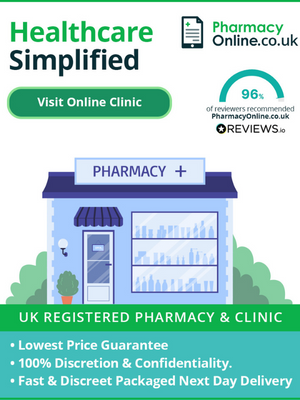
The NHS stands for the National Health Service. It refers to the Government-funded medical and health care services that everyone living in the UK can use.
The NHS provides the majority of healthcare in England, including primary care, in-patient care, long-term healthcare, ophthalmology, and dentistry. The UK government department responsible for the NHS is the Department of Health and Social Care, headed by the Secretary of State for Health and Social Care.
Paying for UK healthcare as part of your immigration application
If you’re coming to the UK on a temporary stay of more than 6 months, you may be required to pay an immigration health surcharge at the time of your visa application.
Whether you need to pay depends on the immigration status you’re applying for.
If I have paid the immigration health Surcharge fee, do I still have to pay national insurance?
The answer would be yes, you would still have national insurance deducted and how much you pay depends on how much you earn, So whilst you are working you will be required to pay NI, unless you do not meet the tax threshold.
Help with day-to-day living because of illness or disability
If you or someone you know needs help with day-to-day living because of illness or disability, this website explains your options and where you can get support.
- This guide is for people who have care and support needs, their carers, and people who are planning their future care needs.
- Help from social services and charities
- Care services, equipment and care homes
- How to pay for care and support, and where you can get help with costs.
- Care after a hospital stay
- Support and benefits for carers
- Practical tips if you care for someone
- Caring for children and young people
- Making decisions for someone else
Registering with a GP
When you have found a suitable practice, you’ll have to formally register with it as an NHS patient by submitting a registration form to them.
- Find a GP near you on the NHS website. Check your local GPs opening times, services and facilities, performance measures, reviews and ratings.
- How to register with a GP surgery
- How do I register as a temporary resident with a GP?
- Registering with a GP surgery outside the area you live
- Getting medical care as a student
Dentists
About NHS dental services, how to find an NHS dentist and how much treatment costs.
- What dental services are available on the NHS?
- Dental treatment for people with special needs
- How to find an NHS dentist
- What happens when you visit an NHS dentist
- Who is entitled to free NHS dental treatment in England?
- How can I access an NHS dentist in an emergency or out of hours?
- How do I complain about my dental treatment?
- What if my NHS dental treatment goes wrong?
- Dental costs
Pregnancy
This guide includes what you need to know about trying for a baby, pregnancy, labour and birth.
When you take time off to have a baby you might be eligible for:
- Statutory Maternity Leave
- Statutory Maternity Pay
- paid time off for antenatal care
- extra help from the government
Prescriptions and pharmacies
Order repeat prescriptions, find out about prescription charges and how pharmacists can help you with medicines and medical advice.
Useful links
Some helpful NHS links:
- Health A to Z
- NHS website
- The NHS app
- Find a pharmacy
- Find a dentist
- Find a GP
- Find your nearest A&E
- Care and support
- Pregnancy
- Mental health and wellbeing
- Am I entitled to free prescriptions
- Prescription prepayment certificates
Working for the NHS
The NHS offers many different roles, in different settings, with different ways of working, within hundreds of organisations.
This creates a unique opportunity for people who want a varied, flexible, and challenging career within a world-class culture.
- NHS jobs
- Browse NHS jobs
- Department of health and social care
- NHS digital careers
- Dentist jobs
- Nursing jobs
- Administrative & Clerical
Health and Care Worker visa

A Health and Care Worker visa allows medical professionals to come to or stay in the UK to do an eligible job with the NHS, an NHS supplier or in adult social care.
Some information on the health and care worker visa
- You must meet all of the requirements to be eligible for a Health and Care Worker visa
- Check if an occupation code is eligible for this visa
- If you already have a job offer from an approved employer
- Salary requirements
- If you’ll need to meet different salary requirements
- When you can be paid less
- Knowledge of English
- Who does not need to prove their knowledge of English
- Costs to consider
- Documents you’ll need to apply
- Other documents you might need
- Criminal record certificate
- Check how to apply for criminal records checks.
- Applying from outside the UK
- Your partner and children
- If your child is 16 or over
- Extending your visa
- Updating your visa if you change job or employer
- You might be able to apply to change to a Health and Care Worker visa if you’re already in the UK on a different type of visa.
- Taking on additional work
















